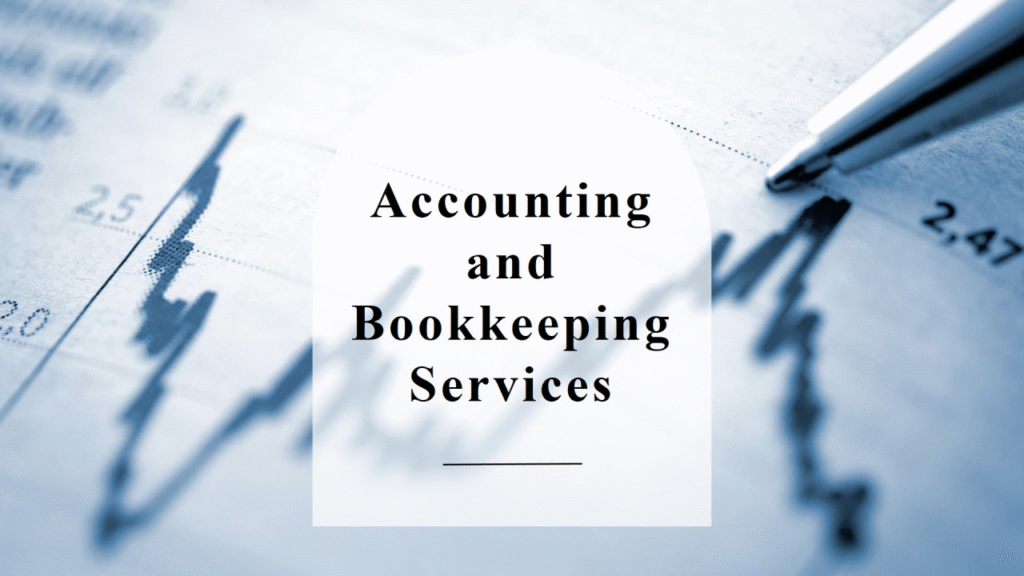You’ve launched your business, made some sales, and tracked expenses—now comes the task of recording everything. For many business owners, bookkeeping feels overwhelming, but outsourcing this responsibility can eliminate that stress entirely.
That leaves the big question: who should handle your bookkeeping?
Generally, you have two main choices—local bookkeepers or virtual bookkeepers. A third option is hiring an in-house bookkeeper, but that usually comes with significantly higher costs compared to outsourcing.
Let’s explore the benefits and drawbacks of outsourcing so you can stop spending hours on QuickBooks or spreadsheets and instead let professionals handle it for you.
Why Outsource Bookkeeping?
No one starts a business because they’re passionate about bookkeeping. Delegating this task gives you back precious time to focus on growth, operations, or even rest.
Outsourcing also ensures you always have access to essential financial reports like:
- Balance sheets
- Income statements
- Cash flow statements
These records not only help you manage daily operations but also streamline tax filing, giving you IRS-ready reports when it’s time to submit returns.
When Should You Outsource?
There are several signs it might be time to hire a bookkeeper:
- DIY bookkeeping is taking too much time
- Your financial records are always behind
- You’ve missed tax deductions or write-offs
- Cash flow tracking feels impossible
- Accounts receivable and payable are unorganized
- Estimated tax payments are a constant struggle
Even businesses that haven’t generated revenue yet benefit from proper bookkeeping. The sooner you bring in professional support, the smoother your financial growth will be.
Types of Outsourced Bookkeeping
Outsourced bookkeeping generally comes in two forms: local bookkeeping or virtual bookkeeping. Each has pros and cons depending on your business setup.
Local Bookkeeping
A local bookkeeper works near your business, making this option ideal if you:
- Prefer face-to-face communication
- Rely on physical documents instead of digital banking or online tools
Options for local bookkeeping include:
- Freelancers – Independent bookkeepers who may work remotely, in person, or both. Their experience varies, but they often charge less.
- Firms – Bookkeeping firms typically cost more but provide certified professionals and backup support in case someone is unavailable.
Security is critical when outsourcing locally. Always ensure your bookkeeper provides safe, transparent access to your financial data and never hand over authority to sign checks, make payments, or manage investments.
Virtual Bookkeeping
Virtual bookkeeping simply means your books are handled online by professionals using secure software. It’s a great choice if you:
- Use online banking and payment systems
- Prefer a flat monthly fee instead of hourly billing
- Want 24/7 online access to financial records
- Don’t mind communicating via phone, chat, or video calls
With cloud-based bookkeeping, your data is stored securely online, and you can access it anytime, anywhere. At tax season, most services provide year-end packages with all the financial statements your accountant will need.
In-House Bookkeeping
If your business grows large enough, you may need a full-time, in-house bookkeeper. According to Salary.com, their average salary ranges between $39,500 and $50,500 per year, not including benefits and payroll costs.
In-house bookkeepers are best for businesses with complex needs. If you’re not ready for a full-time hire, you might consider part-time support or combining bookkeeping with other admin duties to justify a full-time position.
Can My Accountant Do It?
Yes, most accountants also offer bookkeeping, but their fees are usually much higher. CPAs charge more because of their specialized accreditation, making them better suited for tax filing and advisory services—not routine bookkeeping.
For most small and medium businesses, outsourcing to a bookkeeper (either local or virtual) is far more cost-effective. Then, when tax season comes, you can bring in an accountant just for filing and compliance, saving significant money over the long term.
✅ Bottom line: Outsourced bookkeeping—whether local or virtual—saves time, reduces stress, and gives you access to accurate financial data that drives smarter decisions. It’s an investment that pays for itself by helping you stay compliant, organized, and focused on growth.


